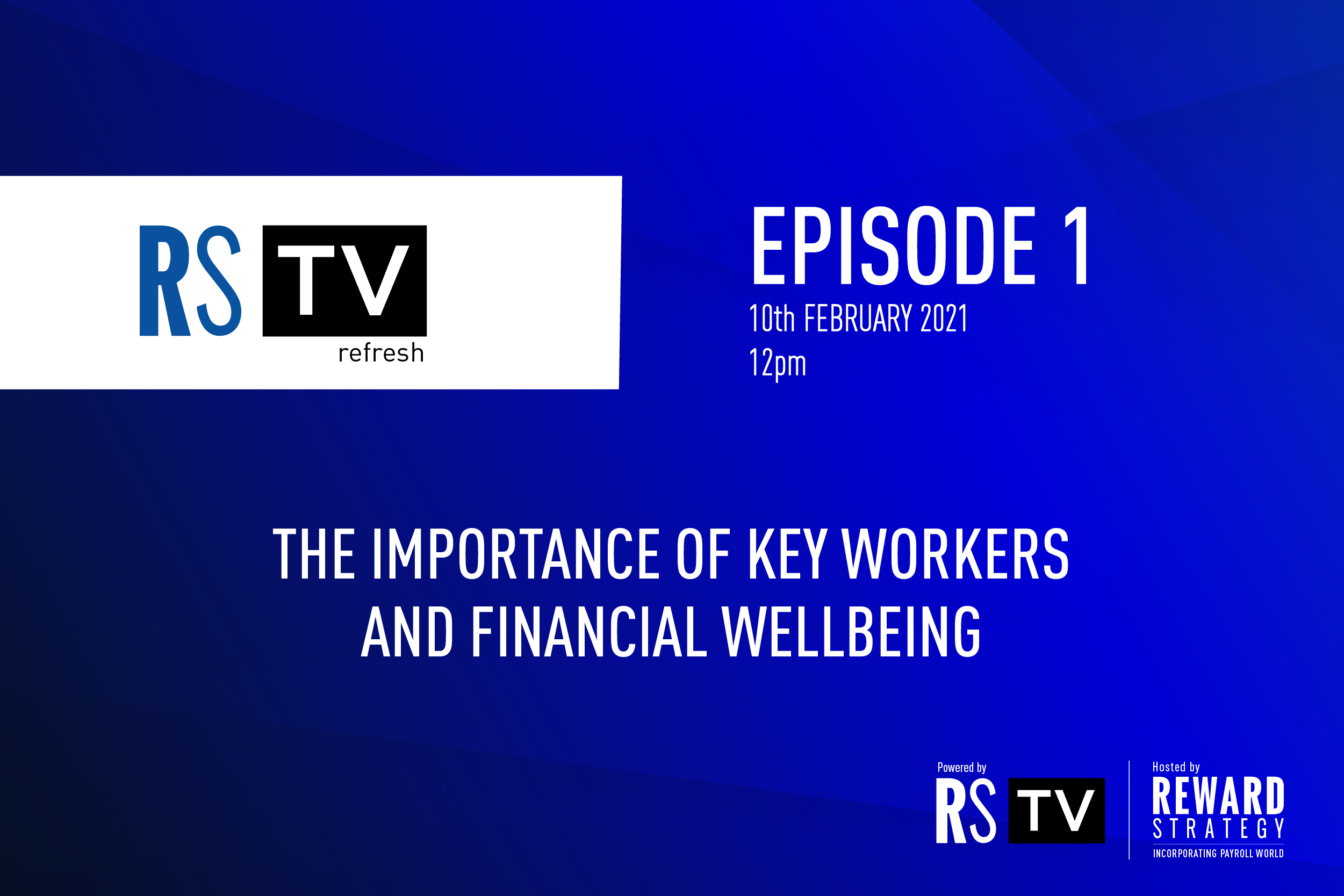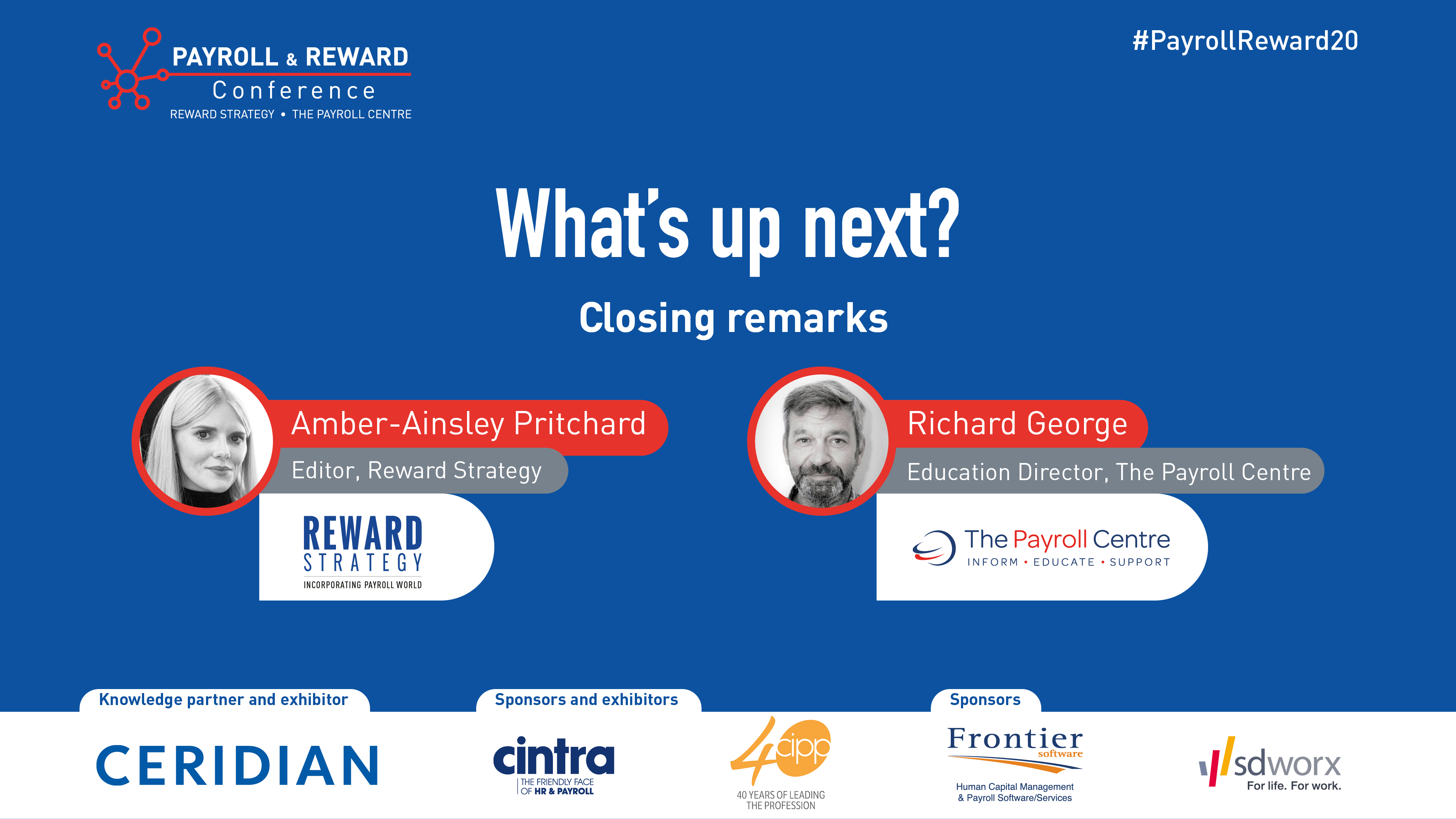Intelligence, community and recognition for pay and reward professionals.
Dynamic PAYE coding DELAYED at HMRC
So, when is this extra administration burden for employers due? This is an interesting timeline that brings you right up to date with things.

 Ian Holloway
Ian HollowayAn August 2016 consultation document ‘Transforming the tax system through the better use of information’ looked at how HMRC planned to use third-party information to dynamically change an employee’s tax code in-year.
This is information such as the tax income from third parties such as banks, building societies and pension providers.
Simply, this information is already reported to HMRC (and has been for years). Therefore, they will use it to adjust tax codes more frequently to ensure that the individual is paying their tax liability sooner. This is all part of HMRC’s MTD (Making Tax Digital… or is it Difficult!?) initiative that will lead to the eventual demise of the need to return such income via Self-Assessment.
When?
Dynamic code (or HMRC using data that it has been already been receiving for years) means more tax codes for more individuals. So, when is this extra administration burden for employers due? This is an interesting timeline that brings you right up to date with things:
- Agent Update 56 (October / November 2016) named dynamic coding as the PAYE Refresh project and said: “HMRC aims to introduce these changes in time for the 2017-18 tax year.” An impression drawn from this statement could have been an implementation date of February or March 2017 – i.e. in time for the start of the 2017-18 tax year.
- Although, a summary of consultation responses document in January 2017 said that this would be “from April 2017 onwards”.
- A HMRC YouTube post on 11 April 2017 (‘PAYE is changing for employees - paying the right tax at the right time’) indicated that this would be from May 2017. February’s Employer Bulletin also said May, and April’s Employer Bulletin confirmed 31 May.
- At the Reward Strategy conference in London on 25 May 2017, a representative from HMRC’s Customer Stakeholder Engagement team advised that the launch had been delayed until July 2017.
Why?
HMRC could not elaborate on the reason at the Reward Strategy conference, citing the restrictions imposed on civil servants by pre-election purdah. This is interesting in itself, as pre-election Purdah is, essentially, a period during which civil servants should not make announcements about any NEW or controversial initiatives that might benefit or harm a political candidate or party and influence the way that we vote. PAYE Refresh is not a new initiative but was something that we were expecting from next week. It is right that this was announced at the Reward Strategy conference and I fail to see how this civil servant was restricted by purdah.
As to the reason for the delay, further investigation with other civil servants at HMRC indicated that some areas of their systems needed to be ‘enhanced’ and they have built in more development time. The launch, therefore, will be ‘from Quarter 2’. You wonder if, actually, the word enhanced means that some bugs were discovered and it wasn’t working correctly. Incorrect tax codes issued to individuals and employers would certainly have been in keeping with the Making Tax Difficult initiative!
A worry?
Yes. On many counts, not least:
- A delayed launch of dynamic coding means that tax codes effective 6 April 2017 will not be issued until July at the earliest. A tax code issued this late in the tax year is unlikely to be able to collect a large underpayment back to the start of the tax year, so there will still be a lot of employees that are not paying tax in the correct tax year.
- Are we going to get an HMRC official announcement on this or will they cite purdah restrictions?
- What does this say about HMRC’s systems as they progress making interaction with them even more difficult?
Plus, do civil servants use purdah as an excuse not to talk about something rather than a legitimate reason? I think that more of them should be guided to the ‘General election 2017: guidance for civil servants’ that resides on their own Gov.uk website!
I seriously doubt whether the delay to PAYE Refresh will influence the way that I vote in June – though it has confirmed my suspicions about HMRC’s systems!






